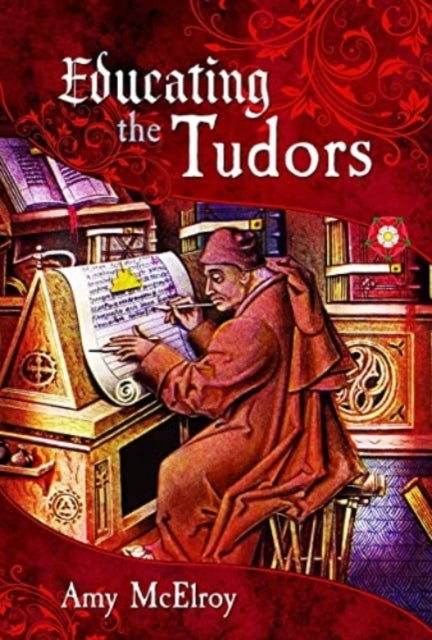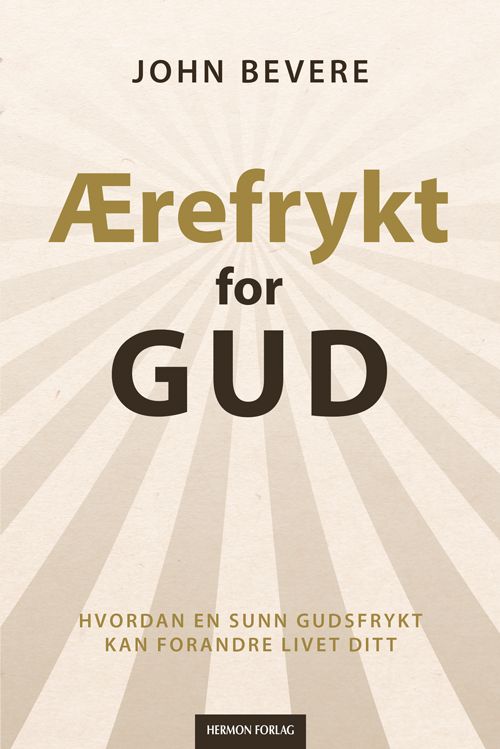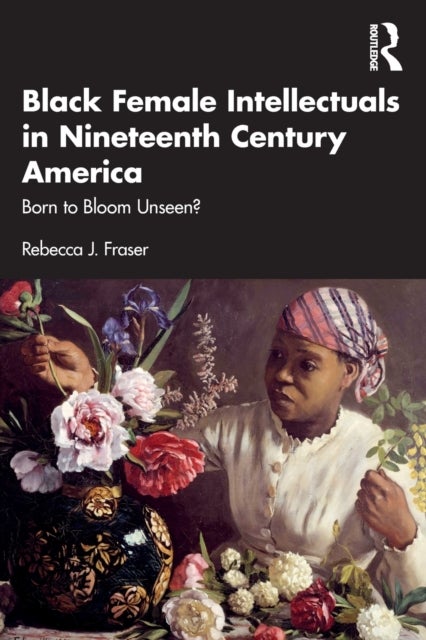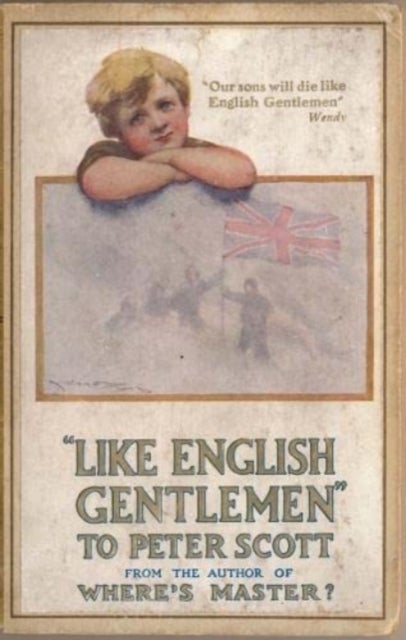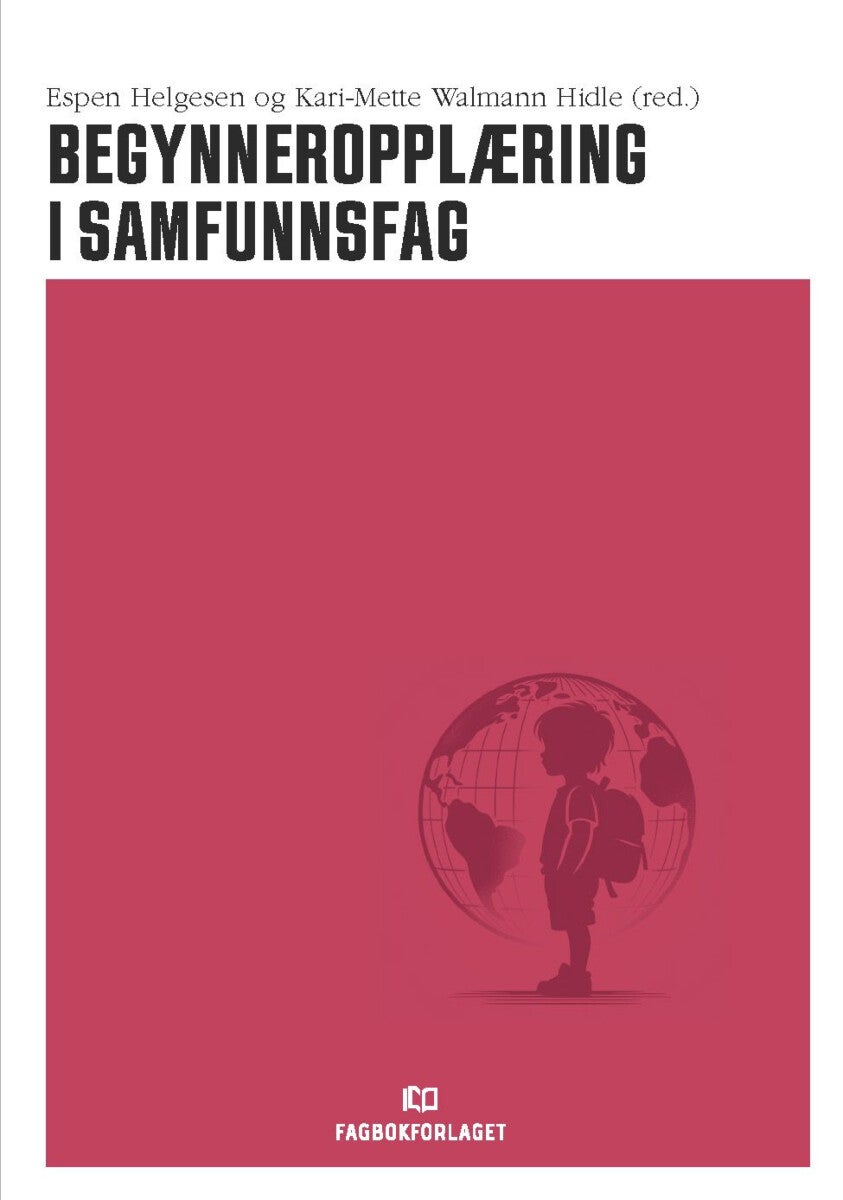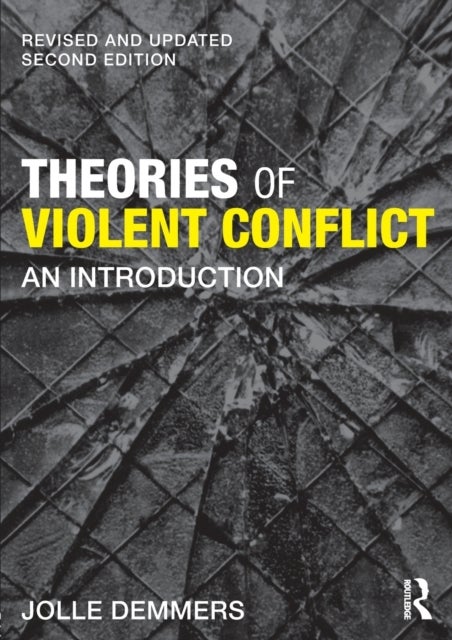
Theories of Violent Conflict av Jolle (Utrecht University the Netherlands) Demmers
529,-
<P>This revised and updated second edition introduces students of violent conflict to a variety of prominent theoretical approaches, and examines the ontological stances and epistemological traditions underlying these approaches.</P><P></P><I><P>Theories of Violent Conflict</I> takes the centrality of the ''group'' as an actor in contemporary conflict as a point of departure, leaving us with three main questions:</P><P></P><P>¿ What makes a group?</P><P>¿ Why and how does a group resort to violence?</P><P>¿ Why and how do or don''t they stop?</P><P></P><P>The book examines and compares the ways by which these questions are addressed from a number of perspectives: primordialism/constructivism, social identity theory, critical political economy, human needs theory, relative deprivation theory, collective action theory and rational choice theory. The final chapter aims to synthesize structure and agency-based theories by proposing a critical discourse analysis of violent conflict. </P><P>

